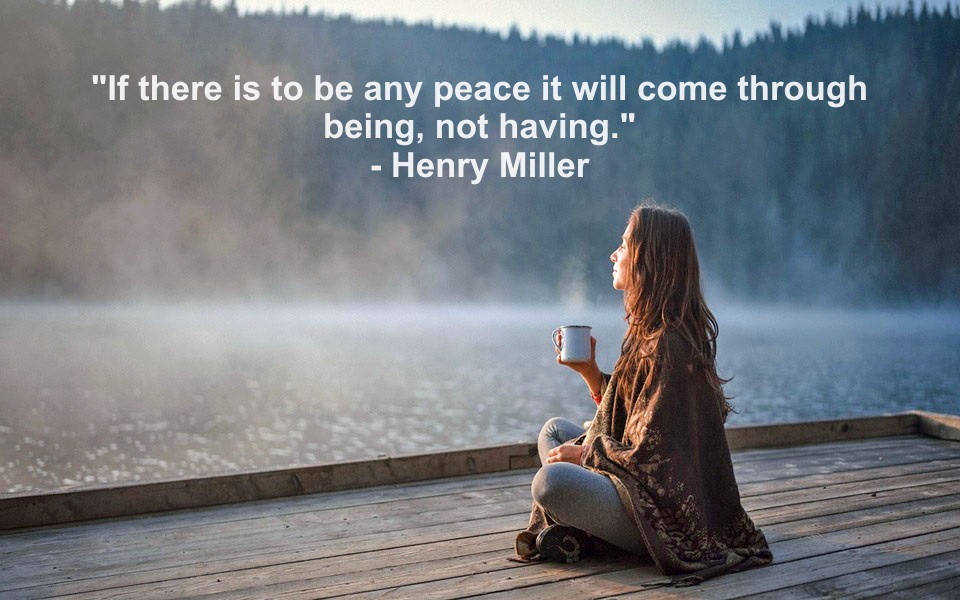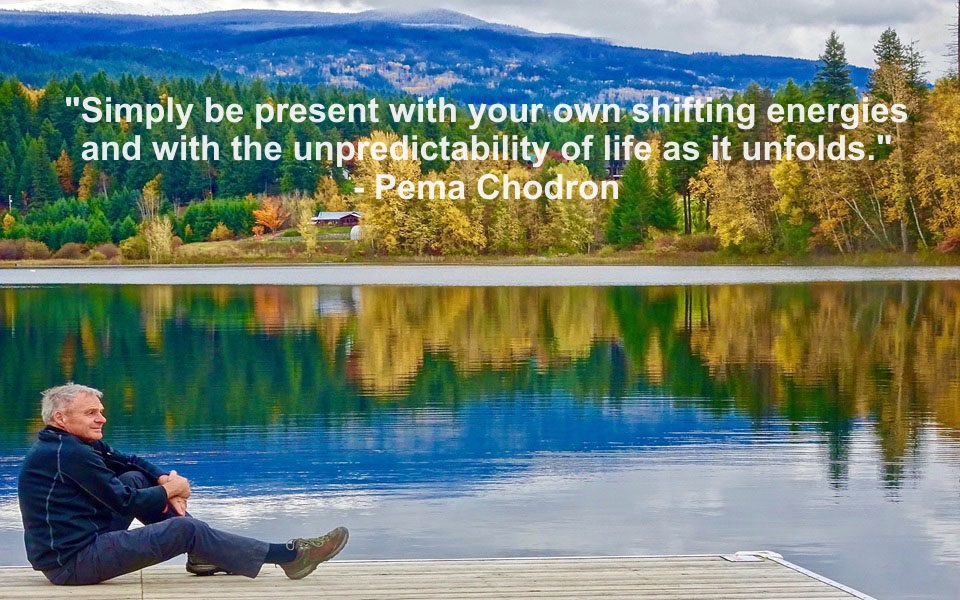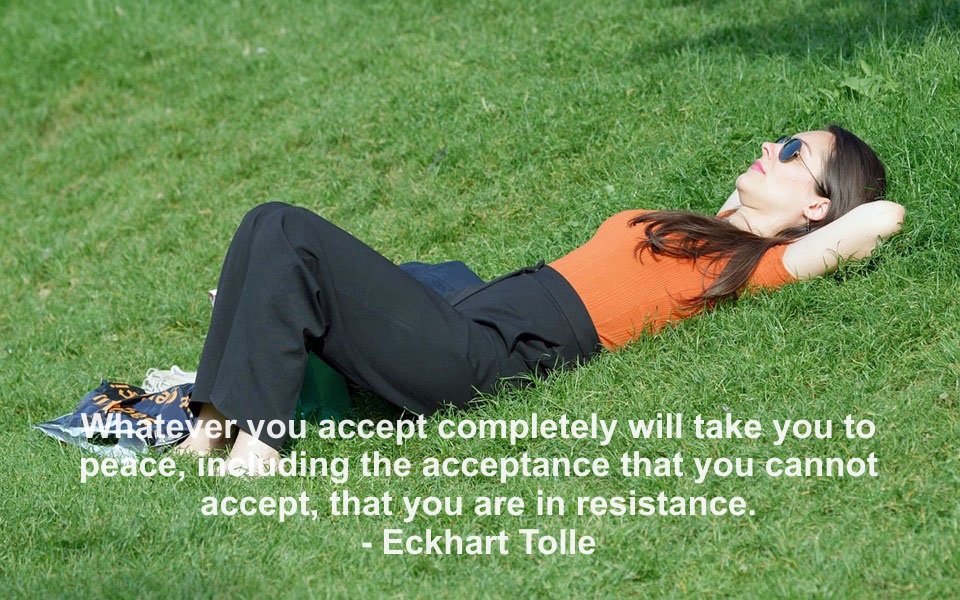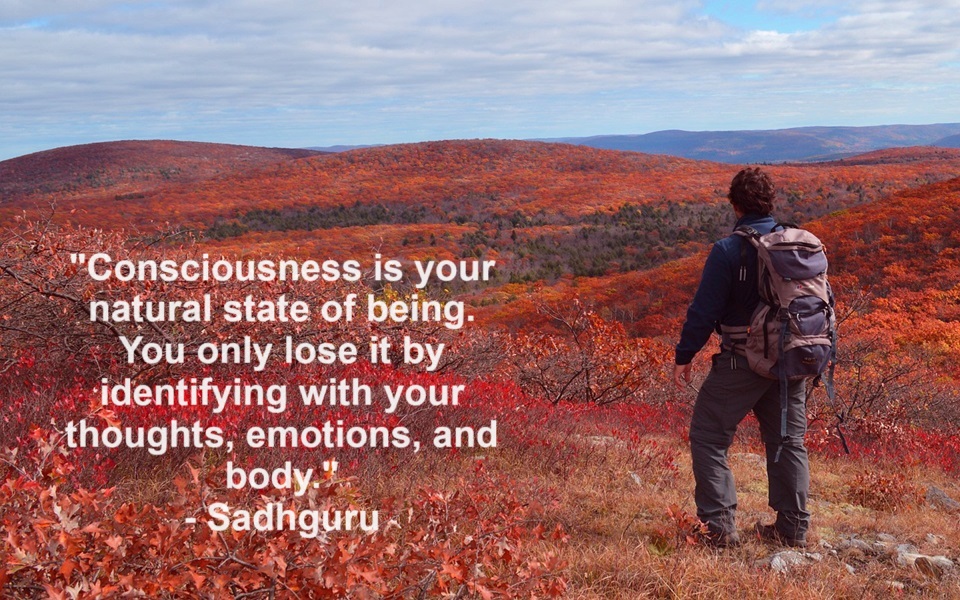We stubbornly hold tight to repetitious mind delusions about life and living. Accordingly, the mind invokes a behavioral pattern of resistance and separation relating to the essence of our being. Mind-made separation from life and the act of being causes difficulty for everyone. Regardless, if a person is consciously awakening or not. The mind illustrates problems in a world of beliefs and concepts. Thus, thoughts and feelings condition us to think life is a problem to overcome. Consequently, the mind establishes difficulties, confusion and suffering as factors in the experience of being human.
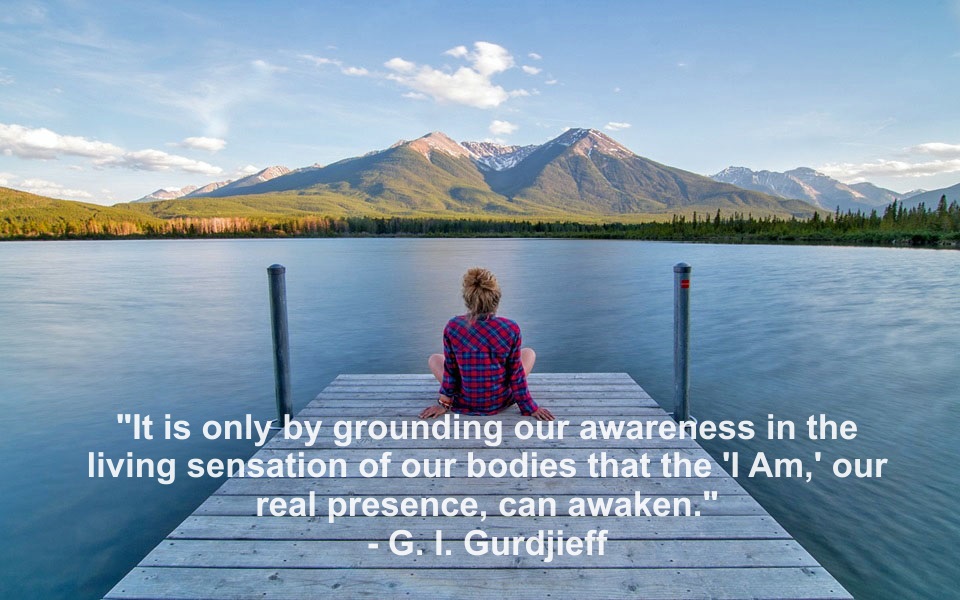
Therefore, we forget that life blossoms through the manifestation of our being. Hence, the majority of people still do everything the mind tells them. But, experiencing life and consciousness within ourselves and all objects is an act of Acknowledging, Accepting and Allowing beingness. To simply be and to allow does not necessarily imply doing nothing. A fish does not need to think about swimming to know it is in water. Continue reading


